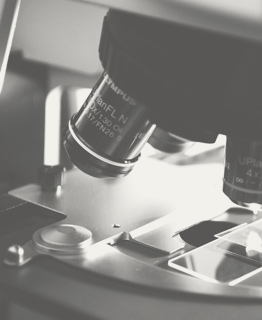
2020
Chufan Cai
2020 Bernice Goldblatt Scholar
Tell us a little about yourself:
“I grew up in Hefei, China, which is a mid-sized city located in the middle part of China. As an undergraduate, I attended China Agricultural University (CAU) in Beijing and majored in the biological sciences. I had the opportunity to apply for a “2+2 program”—spend two years at CAU, and another two years at a US institution, and receive two BS degrees. I applied and was accepted by Purdue University in Indiana. I greatly appreciated my experiences at two universities, two countries, and two cultures. After graduation, I worked one year as a technician in a cancer immunology lab. There I gained a better understanding of what cancer research is like, and realized that this is something I want to pursue as a career.”
What motivates you to pursue a PhD in cancer biology?
Cancer is one of the deadliest diseases in the world, and I learned how painful it was for late/advanced-stage cancer patients, who suffer pain from the disease itself, but also from treatments like chemotherapy and radiotherapy. Two of my grandparents passed away from liver and kidney cancers when I was young—that experience was like a seed that gradually grew in my heart and brought me to cancer research.
What are your working on now?
I joined the lab of Dr. Alex Muir, AB’09, and am studying immunometabolism in pancreatic cancer. This is one of the most dangerous cancers, with a five-year survival rate of less than seven percent. Usually pancreatic cancer is detected at late stages (due to lack of symptoms at the early stage and lack of effective detection methods) when traditional cancer therapies can have limited effects. Recent rapid developments in immunotherapy barely work in pancreatic cancer patients. For a long time, this was attributed to the cold tumor features of pancreatic cancer, including dense structural components that impede drug penetration into the tumor. However, a recent study showed that even immune cells engineered to penetrate pancreatic cancer tumors become dysfunctional soon after entering the tumor. Thus, we hypothesize that the tumor microenvironment—especially the nutrient/metabolic environment—suppresses the body’s immune response. We are interested in how the nutrient environment in pancreatic cancers potentially disable T cell function, and how we can overcome that obstacle to treatment.